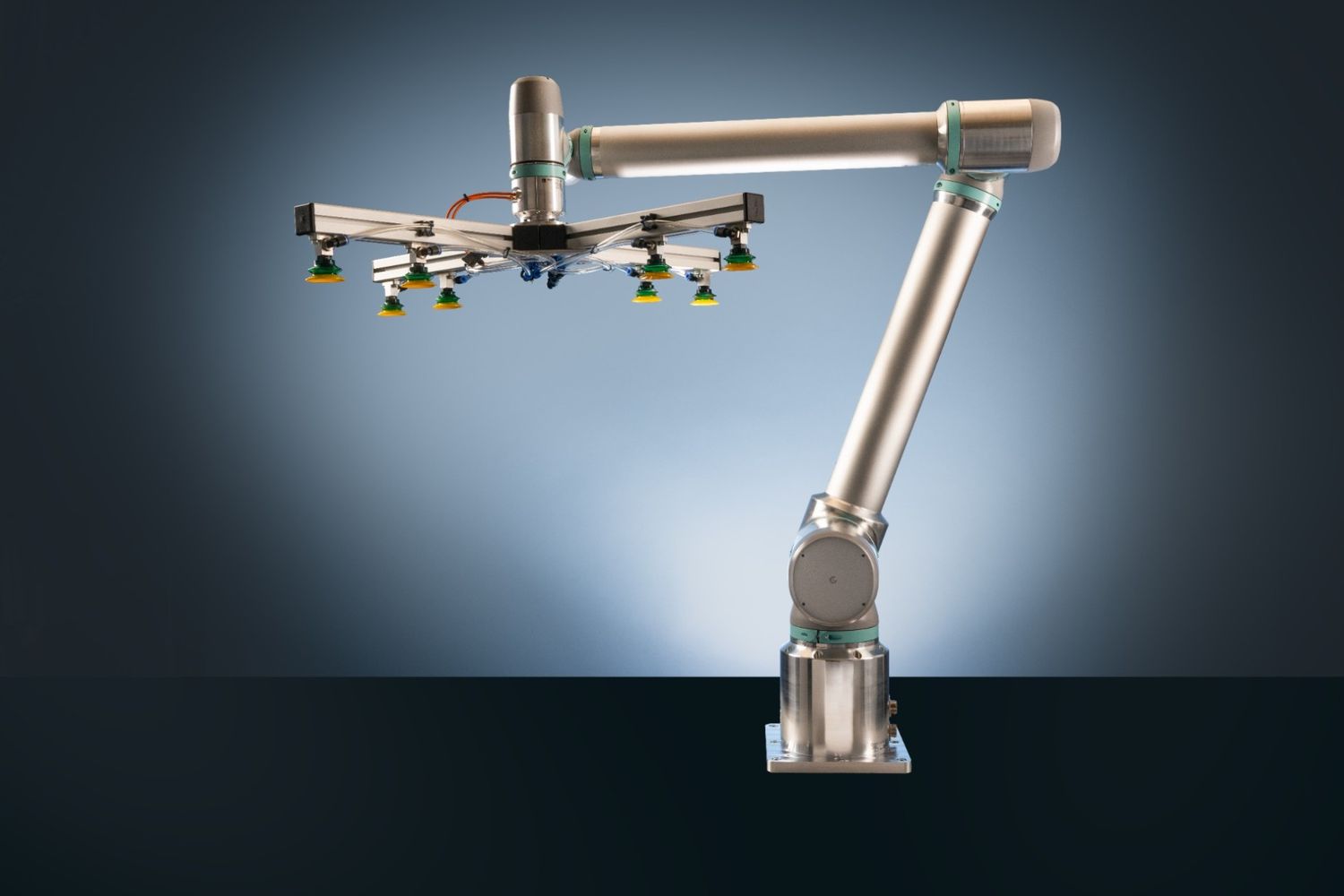Industrial robots are mechanical devices that can be programmed to perform various tasks in manufacturing. In contrast to traditional, large and expensive automation projects, modular industrial robots offer a variety of advantages, particularly for medium-sized companies.
Modular industrial robots and their benefits:
- flexibility: Modular industrial robots are extremely flexible and can be used for a wide range of applications, from simple pick-and-place tasks to complex assembly processes. Their modularity enables companies to quickly adapt their automation solutions to changing production requirements.
- scalability: In contrast to traditional automation systems, modular industrial robots can be easily scaled by adding additional robots or modules. This enables companies to gradually expand their automation solutions and adjust their investments over time.
- Easy integration: Modular industrial robots are often equipped with standardized interfaces and communication protocols, which makes it easier to integrate them into existing production environments. This reduces implementation time and minimizes downtime during the transition to automated processes.
- cost efficiency: With their flexibility, scalability and easy integration, modular industrial robots offer a cost-effective solution for medium-sized companies. Compared to large, expensive automation projects, acquisition and operating costs are lower, which enables companies to increase productivity while reducing costs.
Conclusion:
Modular industrial robots offer medium-sized companies a cost-effective and flexible solution for automating their manufacturing processes. Through their flexibility, scalability, and easy integration, they enable companies to increase productivity and remain competitive. Compared to traditional automation projects, modular industrial robots are an attractive option for companies that want to optimize their manufacturing processes.

